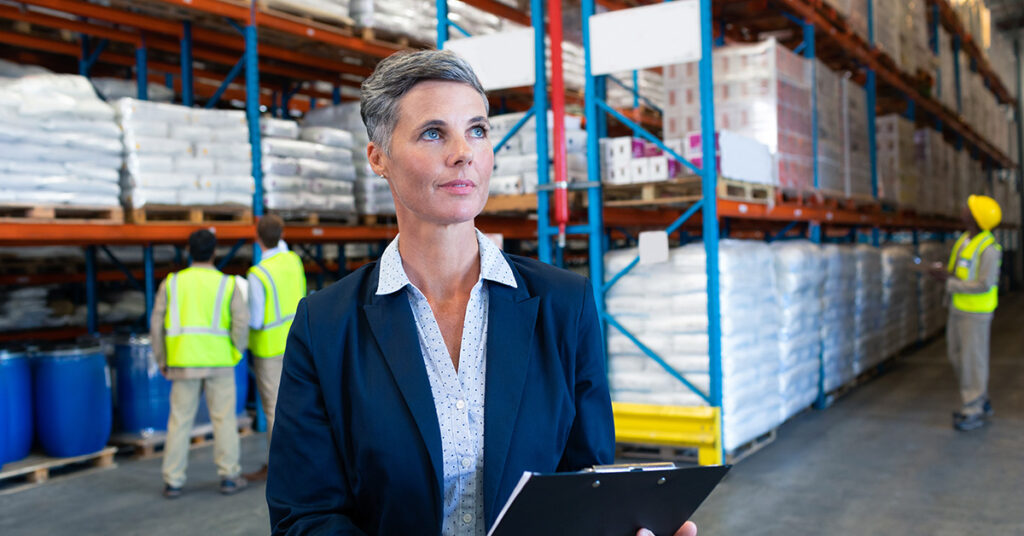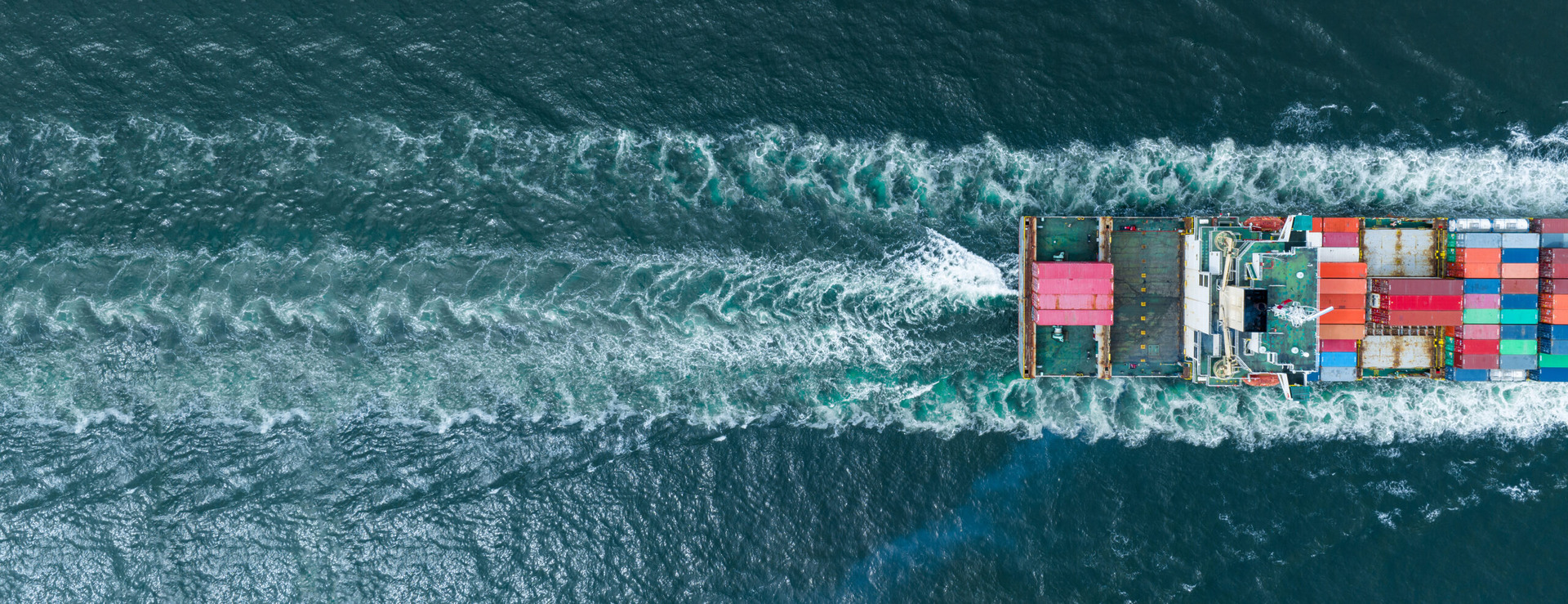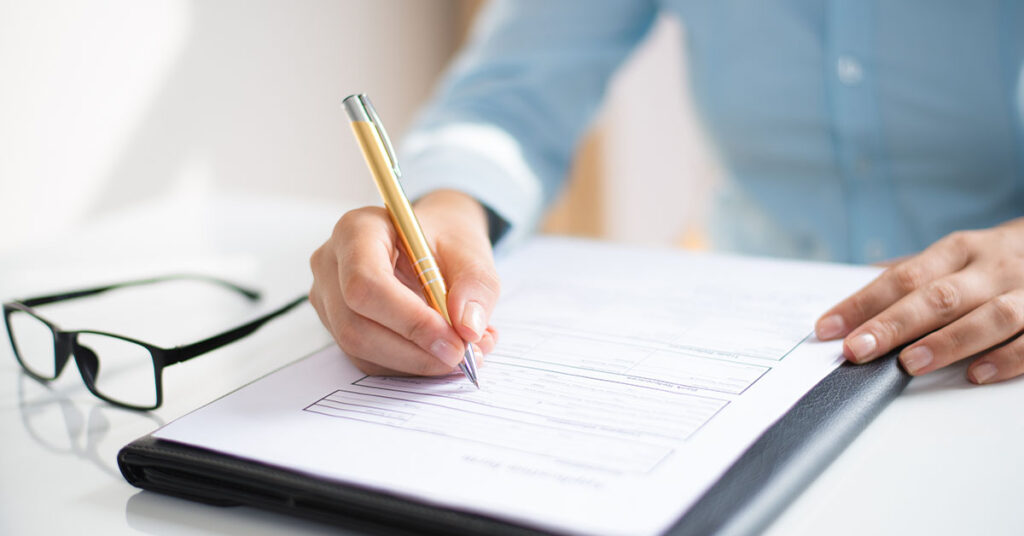Customs, Imports & Exports
Efficient Customs Clearance for Seamless Trade
An efficient customs clearance experience. AVASK manage your import taxes and make sure your goods clear through customs smoothly. Ensure your products reach their destination without a hitch.


Customs Representation
Experienced customs agents
We act as your authorised representatives, handling all interactions with customs authorities. Whether you’re importing or exporting goods, we navigate the complexities of customs regulations on your behalf. Our services include:
- Documentation Preparation: We compile accurate and complete paperwork, including invoices, packing lists, and other relevant documents.
- Customs Declarations: We submit declarations to the relevant authorities, ensuring compliance with local laws.
- Duty and Tax Assessment: We calculate applicable duties and taxes based on the nature and value of your goods.
Customs Clearance
Minimise delays and ensure compliance
Smooth customs clearance is key for hassle-free trade. AVASK makes it easy – streamlining the process, minimising delays and ensuring compliance.
Our customs clearance services include creating export and import declarations in both the UK and the EU and offering advice and assistance with HS codes. Simple, quick, and compliant!


Import Duty and Tax
Import duty and tax support for cost-effective trade
Import duties and taxes depend on what you’re importing, where it’s from, and how much it’s worth. Understanding these fees is important for making your trade as cost-effective as possible.
AVASK is here to help with:
- Duty Calculation: We do the math to figure out how much you owe based on your goods’ value and type
- Import VAT Deferment: This means we can help you delay paying VAT in the UK and EU
- Warehouses on Standby: Need a hand with cash flow? We’ve got access to bonded warehouses to keep things running smoothly

…high-quality professional assistance in customs clearance of cargo!
– Custbrok | E-commerce Seller
Frequently Asked Questions

What is customs clearance?
Customs clearance is the process by which goods are inspected and reviewed by customs authorities to ensure they comply with the importing country’s regulations.
What documents are required for customs clearance in the UK?
For quick customs clearance:
- Get an EORI Number
- Prepare a Commercial Invoice and Packing List
- Have Safety Certificates if needed
- Use correct Trade Tariff Codes for duty and VAT
Can businesses clear goods through customs if they are not VAT registered?
Even if you’re not VAT registered, you can still get your goods through customs. Just make sure to have your EORI number and the right paperwork ready. VAT registration isn’t needed for clearance but might be for other business operations.
















